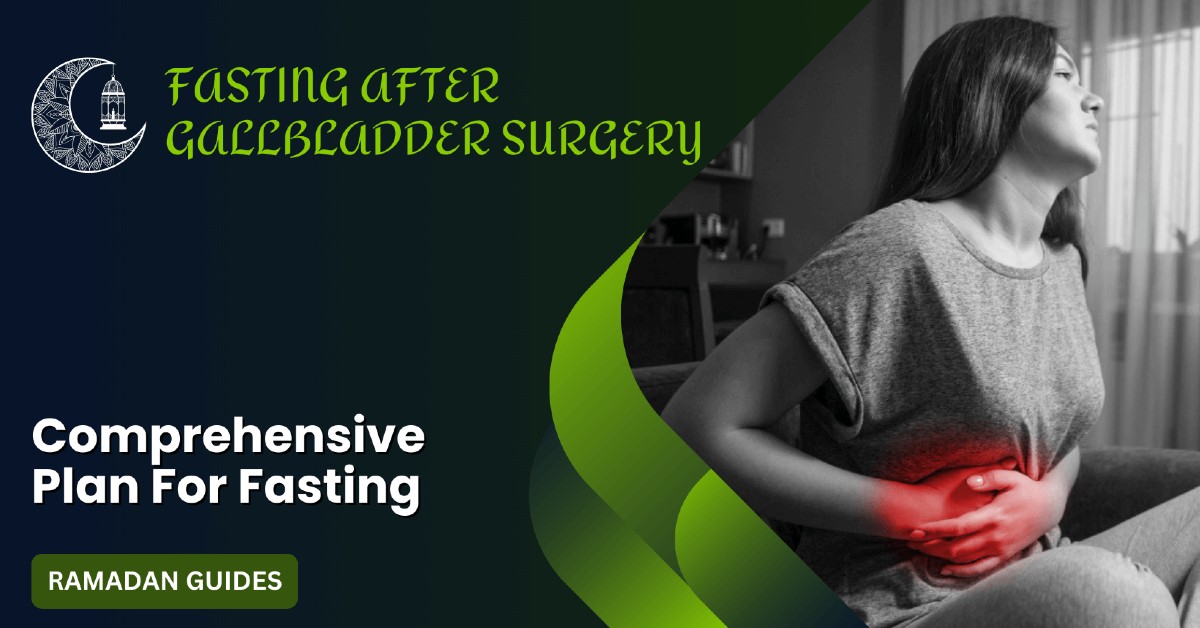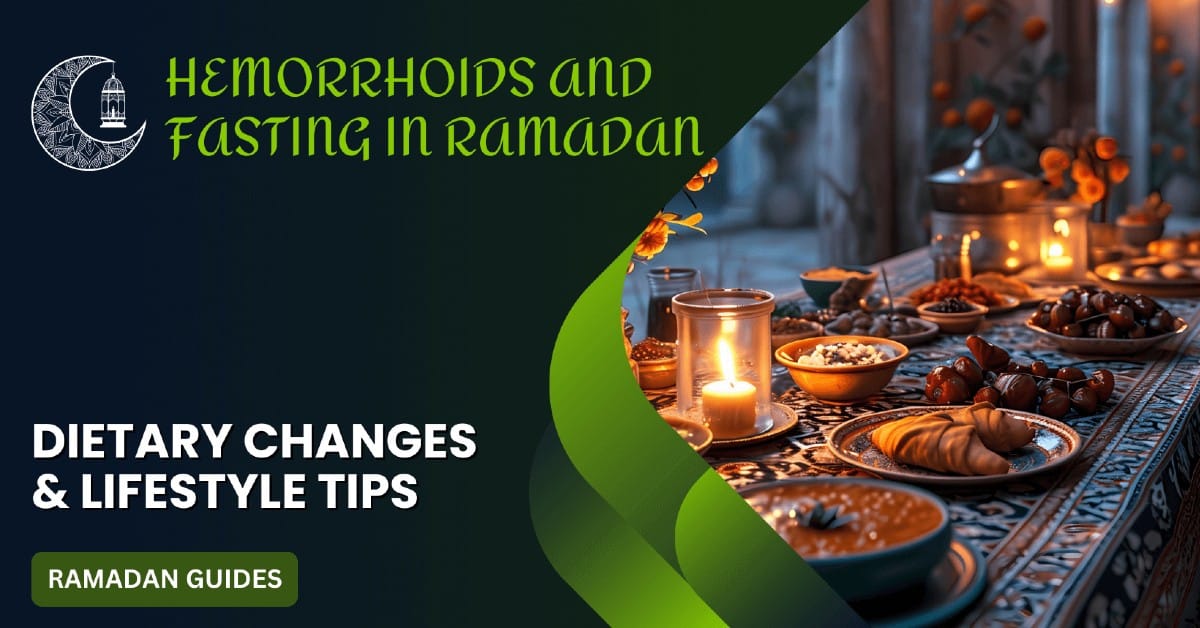Navigating the holy month of Ramadan with gallbladder stones can be challenging. Your dietary habits significantly impact your health, especially when fasting is involved. So, gallbladder stones and Ramadan should be effectively managed.
This post aims to guide you through effective strategies for preventing gallbladder stones during this period, managing symptoms if they arise, and understanding when it’s crucial to seek medical help.
By adopting certain practices and being mindful of your body’s signals, you can observe a fulfilling Ramadan without compromising on your well-being.
Gallbladder Stones And Ramadan: Quick Guides
- Fasting during Ramadan can influence gallbladder function, making it crucial to understand how to prevent and manage gallstones effectively during this period.
- Identifying personal risk factors, such as family history or obesity, is essential for taking proactive measures against gallstones during Ramadan fasting.
- A balanced diet rich in fiber and hydration, with limited consumption of refined carbohydrates and fats, can significantly reduce the risk of developing gallstones.
- Incorporating lifestyle changes like regular exercise and maintaining a healthy weight plays a critical role in preventing gallstone formation during the fasting month.
- Being vigilant about the symptoms of gallbladder stones, such as sudden and intense abdominal pain, is key to seeking timely medical intervention during Ramadan.
- Consultation with a healthcare professional is advised for anyone experiencing gallstone symptoms or those with high-risk factors before embarking on Ramadan fasting.
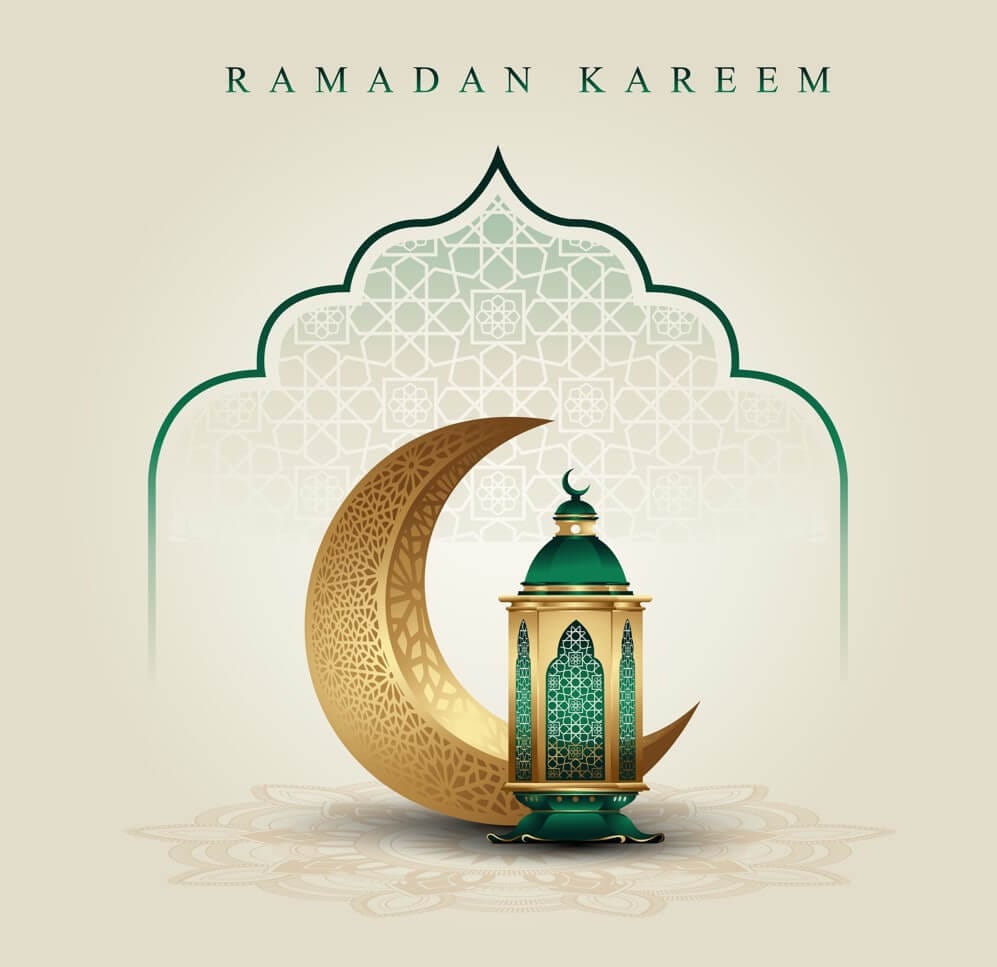
Understanding Gallbladder Stones and Ramadan Fasting
Gallbladder Function
Fasting during Ramadan affects your body in many ways. One key area is the gallbladder. This organ stores bile, a digestive fluid produced by the liver.
Normally, when you eat, bile helps break down fats. However, during fasting hours in Ramadan, your gallbladder doesn’t release bile as often.
This reduction can lead to an increase in bile concentration. Over time, this might contribute to gallstone formation for some individuals. It’s crucial to understand how changes in eating patterns impact your gallbladder health.
Bile and Fasting
Bile plays a vital role in digestion. Its main job is to help digest fats from the foods you eat. When fasting during Ramadan, the flow of bile slows down significantly because there’s less food intake.
This slowdown increases the risk of gallstones forming as concentrated bile may crystallize into stones within the gallbladder or biliary tract.
To mitigate this risk, it’s important to manage meal times wisely and include healthy fats that encourage regular bile flow without overburdening your system.
Hydration Tips
Staying hydrated is critical for preventing gallstones during Ramadan fasting.
- Drink plenty of water between Iftar (evening meal) and Suhoor (pre-dawn meal).
- Avoid caffeinated drinks, as they can dehydrate you more.
Proper hydration helps dilute your bile and reduces the likelihood of stone formation. It also supports overall digestive health, which can be beneficial for those who observe fasts during this holy month.
Identifying Risk Factors for Gallstones During Ramadan
Eating Patterns
Irregular eating patterns during Ramadan can increase your risk of developing gallstones. Fasting for long hours, followed by consuming large meals, can disrupt the bile balance in your gallbladder. This imbalance is a risk factor for gallstone formation.
To prevent this, try to maintain a balanced diet during non-fasting hours. Include foods that promote healthy bile flow, such as fruits, vegetables, and whole grains. Avoid large meals right after breaking your fast.
Pre-existing Conditions
Having pre-existing health conditions like obesity puts you at high risk of developing gallstones during Ramadan. Obesity increases cholesterol levels in the bile, leading to stone formation.
It’s crucial to manage these conditions before starting your fast. Consult with a healthcare professional about safe ways to observe fasting without exacerbating these issues.
Family History
A family history of gallstones also increases your risks during Ramadan. If members of your family have had gallstones, you might be more susceptible to developing them under fasting conditions.
Knowing this risk factor allows you to take preventive measures early on. Regular check-ups and discussing fasting plans with a doctor are good steps toward prevention.
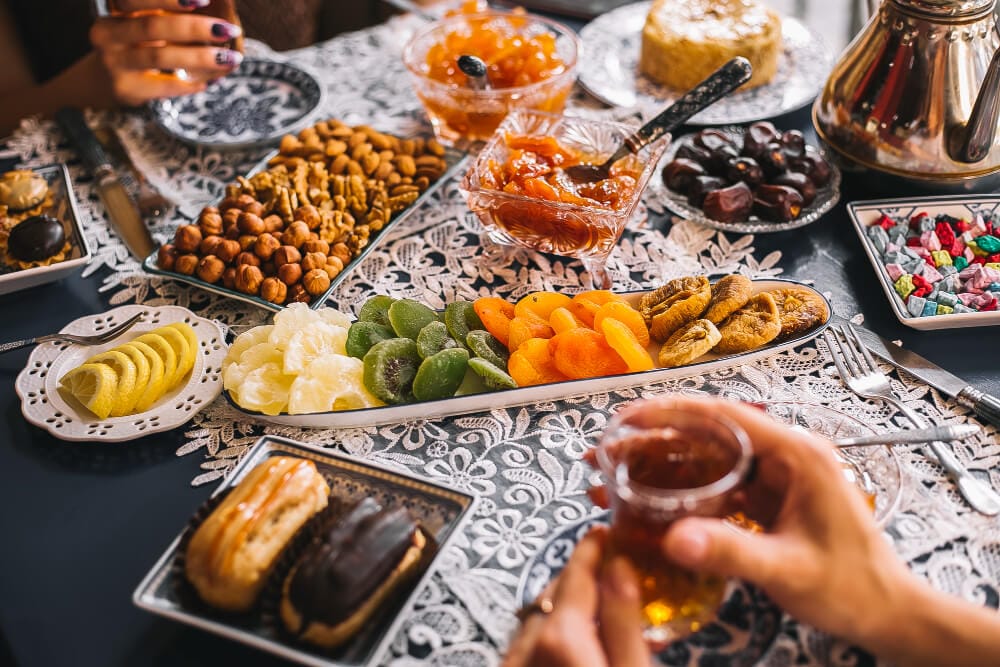
Dietary Advice for Preventing Gallstones During Ramadan
Suhoor Choices
For Suhoor, choosing the right foods is crucial. Low-fat and high-fiber options should top your list. These help maintain a steady digestion process, reducing the risk of gallstone formation.
Fruits and whole grains are excellent choices. They provide essential nutrients while keeping you full longer. Examples include oats, barley, and apples. Remember to drink plenty of water too.
Iftar Meals
When breaking your fast, start with light meals. Overeating can strain your digestive system, increasing gallstone risks.
Incorporate vegetables and lean proteins into your iftar menu. Foods like grilled chicken or fish paired with salads are ideal. They replenish energy without adding excessive fat to your diet.
Smart Snacking
During non-fasting hours, resist the urge to overeat. Snacking smartly can prevent sudden weight gain, which is linked to gallstones.
Opt for nuts and legumes as snacks or as part of meals. Almonds and lentils are not only nutritious but also have beneficial effects on preventing gallstones.
- Nuts contain healthy fats.
- Legumes offer fiber that aids in digestion.
Following these dietary suggestions during Ramadan can significantly reduce the risk of developing gallstones by promoting better digestion and maintaining a healthy weight balance.
Lifestyle Changes to Prevent Gallstones During Ramadan
Moderate Activity
Engaging in moderate physical activity is crucial. It helps maintain a healthy weight, which reduces gallstone risk. Aim for at least 30 minutes of exercise daily. Walking after Iftar can be an excellent start.
Exercise also boosts digestion and metabolism. This is vital during Ramadan when eating patterns change.
Healthy Weight
Strive to keep a healthy weight year-round. Rapid weight loss can increase gallstone formation risk. If you plan to lose weight, do it gradually.
Aim for a slow and steady approach rather than drastic measures like cleanses or extreme diets.
Regular Sleep
Maintaining regular sleep patterns is essential despite altered eating schedules during Ramadan. Lack of sleep can disrupt your body’s processes, including those that manage fat and cholesterol levels in bile—a key component in gallstone formation.
Try going to bed and waking up at consistent times each day. Adjusting your schedule slightly during Ramadan will help ensure you get enough rest without significantly disrupting your routine.
Recognizing Symptoms of Gallbladder Stones During Ramadan
Abdominal Pain
Abdominal pain, especially in the right upper part of the abdomen, is a key symptom. This pain can be sharp and sudden and might worsen after eating a heavy meal.
Fasting during Ramadan changes your eating patterns, which can trigger gallbladder stones to act up. If you notice such discomfort, it is important to monitor its frequency and intensity.
Nausea
Feeling nauseous or actual vomiting are common signs of gallstones. You may experience these symptoms, particularly during non-fasting hours.
If nausea or vomiting occurs after breaking your fast, it could indicate that your gallbladder is struggling with digestion. Keeping track of these occurrences helps in early detection and management.
Fever
A fever can signal possible complications from gallstones, indicating an infection or inflammation within the gallbladder.
If you develop a fever alongside other symptoms like abdominal pain and nausea, seek medical help promptly. It’s crucial not only for managing symptoms but also for preventing serious side effects.
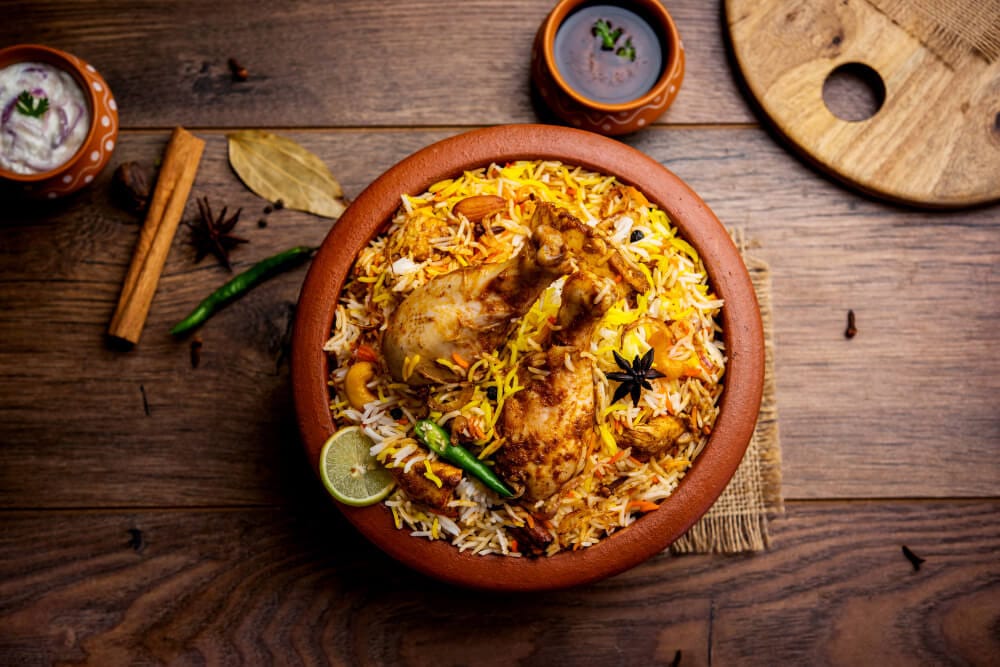
When Should You Seek Medical Help for Gallstone Disease and Gallbladder Stones During Ramadan?
Severe Pain
If you experience severe abdominal pain, it’s crucial to seek immediate medical attention. This type of pain often indicates a serious condition related to gallstones. The pain might feel sharp and intense, making it hard to find a comfortable position.
Severe pain can signal complications such as inflammation or blockage in the bile ducts. Ignoring these symptoms could lead to more severe health issues.
Unusual Symptoms
If you notice jaundice or develop a high fever, consult a doctor. Jaundice causes your skin and the whites of your eyes to turn yellow, indicating liver or bile duct problems.
A high fever may suggest an infection linked to gallstones. Both conditions require prompt medical evaluation and treatment.
Daily Disruptions
When symptoms disrupt your daily activities, including fasting during Ramadan, seeking medical advice is important. Persistent discomfort affects not only physical well-being but also emotional health.
Symptoms that interfere with sleep or prevent you from fulfilling daily responsibilities are red flags. They show the need for professional assessment and possibly adjustments in your treatment plan, which were discussed in previous sections on non-surgical approaches for managing gallstones.
Final Note From Dr. Rajarshi Mitra
Navigating Ramadan with the risk of gallbladder stones requires understanding, prevention, and timely medical intervention. You’ve learned about the causes and types of gallstones, identified risk factors specific to fasting, and discovered dietary and lifestyle adjustments that can mitigate these risks. It’s essential to consult with healthcare professionals to create a personalized plan that addresses your specific needs during this holy month. Additionally, incorporating ‘fasting tips after gallbladder surgery‘ can ensure a smoother transition back to fasting, helping you to maintain your health while observing the spiritual practices of Ramadan. By prioritizing your well-being and staying informed, you can enjoy this blessed time with confidence and peace of mind.
Recognizing symptoms promptly and knowing when to seek help is crucial for your health during this holy month. This knowledge empowers you to fast and safely maintain both your spiritual commitments and physical well-being.
Your proactive approach to managing your health during Ramadan can prevent the discomfort and potential complications of gallbladder stones. Remember, consulting healthcare professionals for personalized advice is always a wise decision.
Share this information with friends and family to promote a healthier Ramadan experience for all. Let’s embrace this sacred time with awareness and care for our bodies.
FAQs
Can fasting during Ramadan increase the risk of gallstones?
Fasting during Ramadan does not directly cause gallstones, but changes in diet and eating patterns may influence risk factors. It’s crucial to maintain a balanced diet even when fasting.
What dietary advice can help prevent gallstones during Ramadan?
To prevent gallstones, consume meals rich in fiber and low in cholesterol and saturated fats. Include fruits, vegetables, whole grains, and lean proteins while avoiding processed foods high in sugar and fat.
Are there any specific lifestyle changes recommended to avoid gallstones during Ramadan?
Yes, maintaining a healthy weight through regular exercise and avoiding rapid weight loss are key lifestyle changes that can help prevent the formation of gallstones during Ramadan.
How do I recognize symptoms of gallbladder stones during fasting?
Common symptoms include sudden pain in the upper right abdomen or center of your abdomen below the breastbone, which may radiate to your back or right shoulder blade area. Other signs include nausea or vomiting.
When should I seek medical help for gallstone disease, including gallbladder stones?
Seek immediate medical attention if you experience intense abdominal pain lasting more than a few hours, fever with chills, jaundice (yellowing of skin or eyes), or tea-colored urine and light-colored stools. These could indicate complications requiring prompt treatment.
Can I continue fasting if diagnosed with gallbladder stones before Ramadan starts?
Consult with a healthcare provider before continuing to fast with diagnosed gallbladder stones. They will assess your condition’s severity and advise whether it is safe for you to fast.



